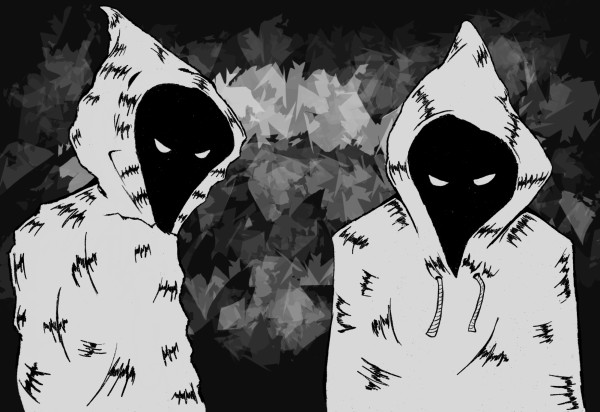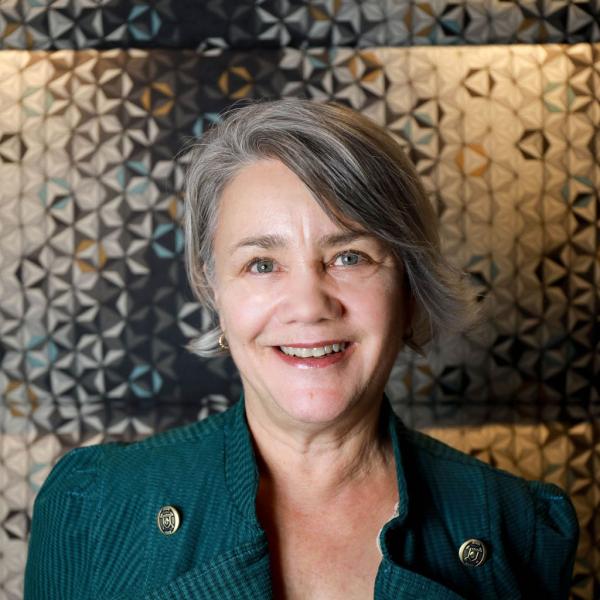Professors continued pandemic prep
Professors plan for teaching another semester under COVID-19 conditions.
Antonio Risso
As fall semester continues to approach its end, all of campus is preparing for the coming
spring semester. Professors share that their experiences have been challenging this
semester, but rewarding to see their students succeed despite global setbacks.
November 11, 2020
Registration for the spring semester has opened, making the uncertain future a closer reality.
With 98 in-person, 137 hybrid and 203 online classes, professors prepare for another semester of teaching during the COVID-19 pandemic.
This course lineup is fairly comparable to the current fall semester that had 103 in-person, 169 hybrid and 213 online courses. These numbers do not account for shifts that occurred throughout the semester as classes moved more or less online or in person.
“I sort of struggled in the same way that I think a lot of our students did last spring when we were online,” said assistant professor in studio art and art history Alison Baker. “I am just happy to be back and I am proud of our students for doing the right thing and being really cautious and for taking it really seriously.”
Generally, professors found this semester went better than they had anticipated and they feel they have a handle on teaching, regardless of the challenges that had to be navigated. They also expressed missing the factors that came with being face-to-face.
“I think it is very important that we articulate to our students that we would love to be around them and get coffee and meet with them. I love the vibe of Hamline, I love my classes, my students,” said the incoming chair of the psychology department, Serena King. “[The pandemic] is a hard place to be. No one ever imagined this would be the case, and I am so proud of my students.”
For the biology department capstone, which is seminar style, the shift to online had hidden benefits. Because of the nature of this course, there are a number of presentations which functioned similarly to webinars. Presenters would pre-record their presentations which would be watched by the class along with a synchronous question and answer session done using the microphone and chat functions.
Other departments have realized similar benefits while using online platforms. The psychology department offers a range of modalities in their classes. Professor King teaches entirely online this semester.
“This experience has pushed me to do things online that I wouldn’t have done in person,” King said. “If you can develop a good environment online, it takes down barriers. It can open a lot of opportunities.”
With being online, some topics have become even more relevant to classes and areas of study, such as the Critical Digital Media Theory class. This class is co-taught by Jen England, assistant professor in the English department, and Mike Reynolds, chair of the English department.
“It’s been really interesting teaching a class on digital stuff when we are so engrossed digitally and online because of the pandemic,” England said. “I am glad we’ll get to keep exploring that and talking about what that means for things like relationships and how this is affecting sense of self and identity.”
As for the classroom environment, flexibility and empathy are newly treasured aspects of learning for both professors and students.
“I can also say that I know, at least for myself, I have a level of chill in the classroom that I haven’t had before,” Baker said. “I think all of us are reaccumulating and becoming even more flexible, even more compassionate and even more understanding to working with students to find the best way for them to be successful. I really encourage students to reach out to their faculty members if they need that help, extra time and assistance.”
Professors’ concerns for the spring semester have grown to encompass more than COVID-19 and focused more largely on what else is happening in the world and nation.
“[Concerns] about teaching, I think we figured it out this semester. Concerns about the rest of the world…? A lot. I think my concerns are sort of what the reality of our future might look like….I think that as a community we really got a handle on the pandemic but it’s the everything else,” Baker said. “It’s the reality of the political situation that we’re in and what might happen and come from that. Those are my concerns. And I think those concerns a lot of people in our community share, particularly Hamline students.”
Though fall 2020 brought forward situations and challenges like no other semester, professors intend to translate these experiences and lessons into the spring semester to close out the school year on a strong note.
“I am committed to making sure students have a great experience no matter the modality,” King said. “We care and know this is challenging and I hope we deliver cutting edge classes, and no matter what modality, students leave feeling prepared and supported.”






